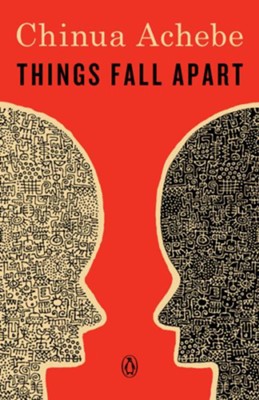The Auteur Vault
Things Fall Apart by Chinua Achebe
Things Fall Apart by Chinua Achebe
Couldn't load pickup availability
Condition: Like New
Format: Paperback
Language: English
ISBN: 0385667833
ISBN13: 9780385667838
Release Date: April 2009
Publisher: Anchor Canada
Length: 224 Pages
Weight: 0.51 lbs.
Dimensions: 8.0" x 0.6" x 5.2"
Book Overview:
Things Fall Apart is a seminal novel by Nigerian author Chinua Achebe, first published in 1958. Widely regarded as a classic of modern African literature, the novel offers a powerful and nuanced portrayal of traditional Igbo society on the brink of colonial disruption.
The story centers on Okonkwo, a proud, ambitious, and physically imposing Igbo warrior who has risen to prominence in the village of Umuofia. Determined to distance himself from the legacy of his weak and improvident father, Okonkwo adheres rigidly to ideals of masculinity, strength, and discipline. However, his personal flaws particularly his fear of appearing weak lead him to make tragic decisions that alienate him from his family and community.
Set in late 19th century Nigeria, the novel unfolds in three parts. The first immerses readers in the rhythms and customs of Igbo life, highlighting the richness of precolonial culture. The second and third parts chronicle the arrival of British missionaries and colonial administrators, whose influence gradually erodes the traditional structures and values of the community. As these external pressures mount, Okonkwo struggles to adapt, ultimately leading to his tragic downfall.
Achebe’s novel is both a critique of colonialism and a deep exploration of cultural identity, resistance, and change. Written in a clear and accessible style, Things Fall Apart balances the personal and the political, making it a foundational text in postcolonial literature. Through Okonkwo’s rise and fall, Achebe illuminates the complexities of African societies before and during European colonization challenging Western narratives and asserting the dignity of African voices.

